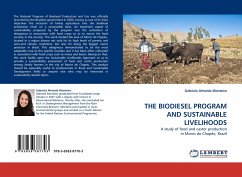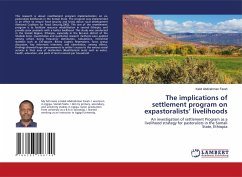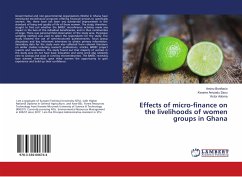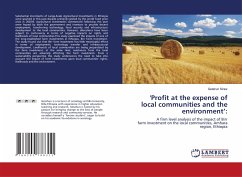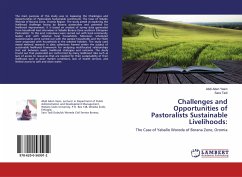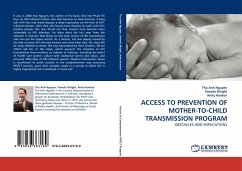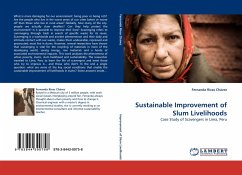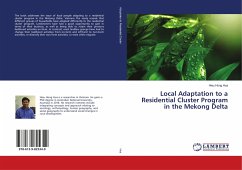The National Program of Biodiesel Production and Use was officially launched by the Brazilian government in 2004, having as one of its main objectives the inclusion of family agriculture into the biodiesel production chain on a sustainable basis. An important aspect of sustainability proposed by the program was the cultivation of oleaginous in association with food crops so as to assure the food security in the country. This work studied the area of Morro do Chapéu, located in a region known not only for its high levels of poverty and semi-arid climate conditions, but also for being the biggest castor producer in Brazil. This oleaginous demonstrated to be the most adaptable crop to this specific location and it has been often cultivated in association with food crops such as maize and beans. Basing on that, this work builds upon the Sustainable Livelihoods Approach so as to provide a sustainability assessment of food and castor production among family farmers in the city of Morrodo Chapéu. This analysis should be especially useful to professionals in Rural and Sustainable Development fields or anyone else who may be interested in sustainabilty-related topics.
Bitte wählen Sie Ihr Anliegen aus.
Rechnungen
Retourenschein anfordern
Bestellstatus
Storno

